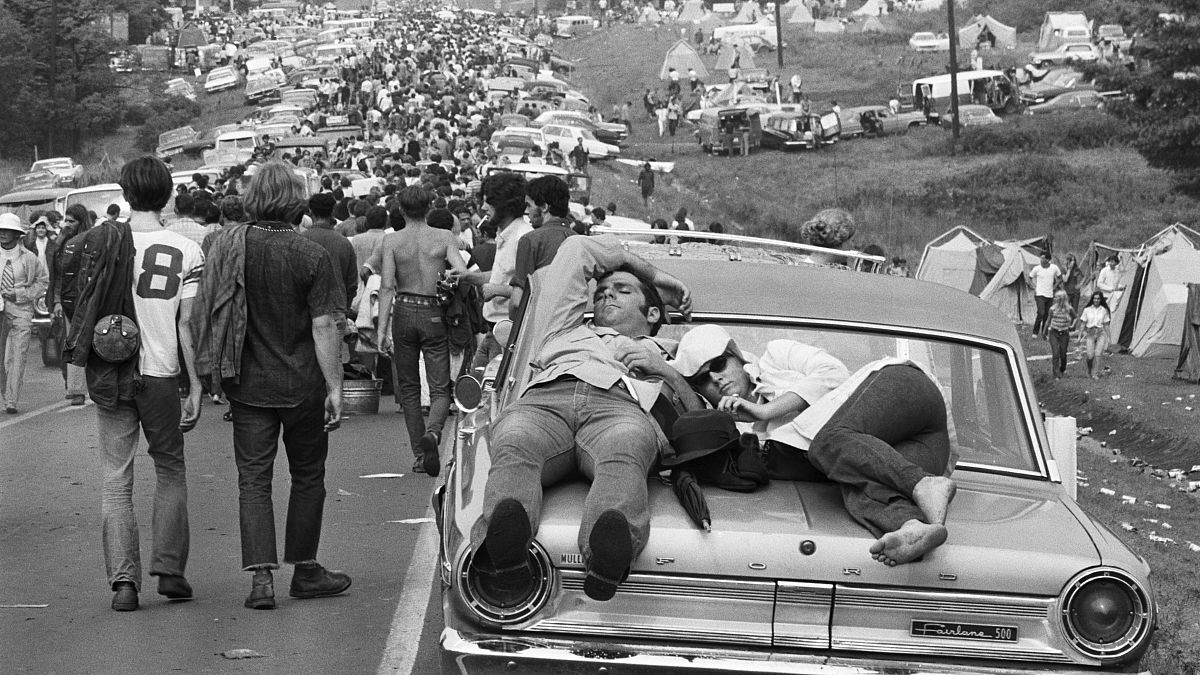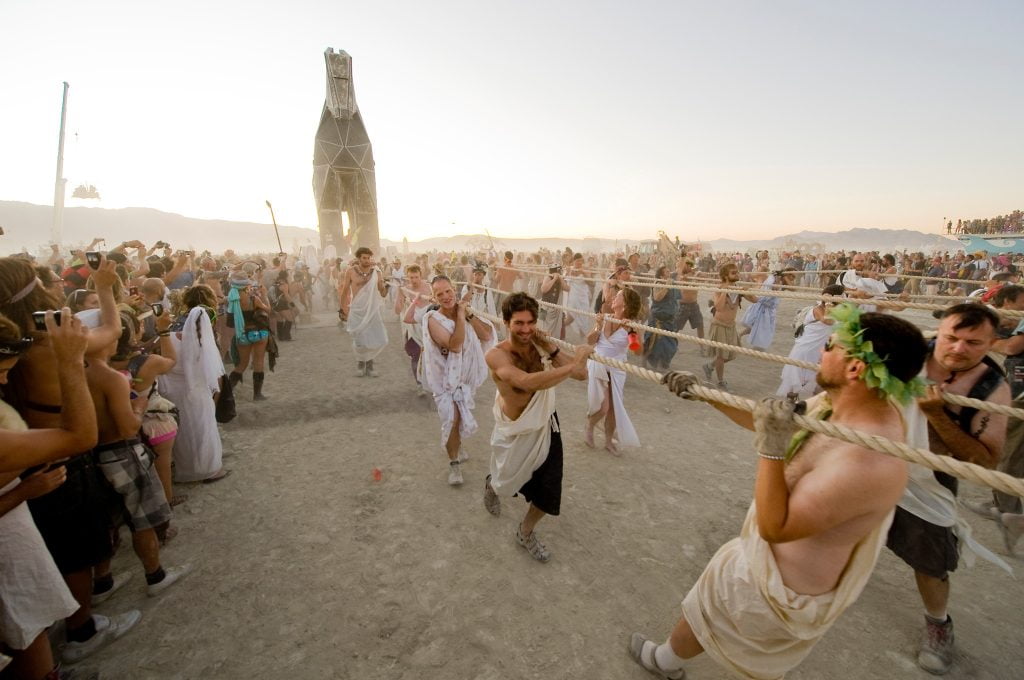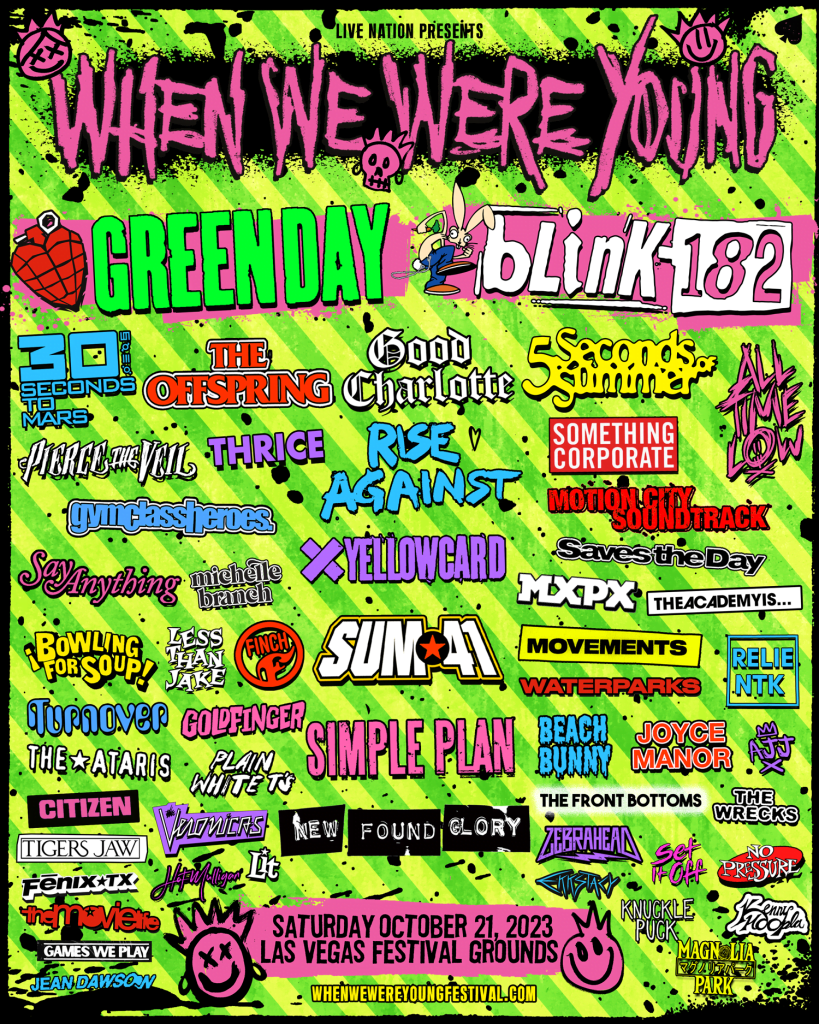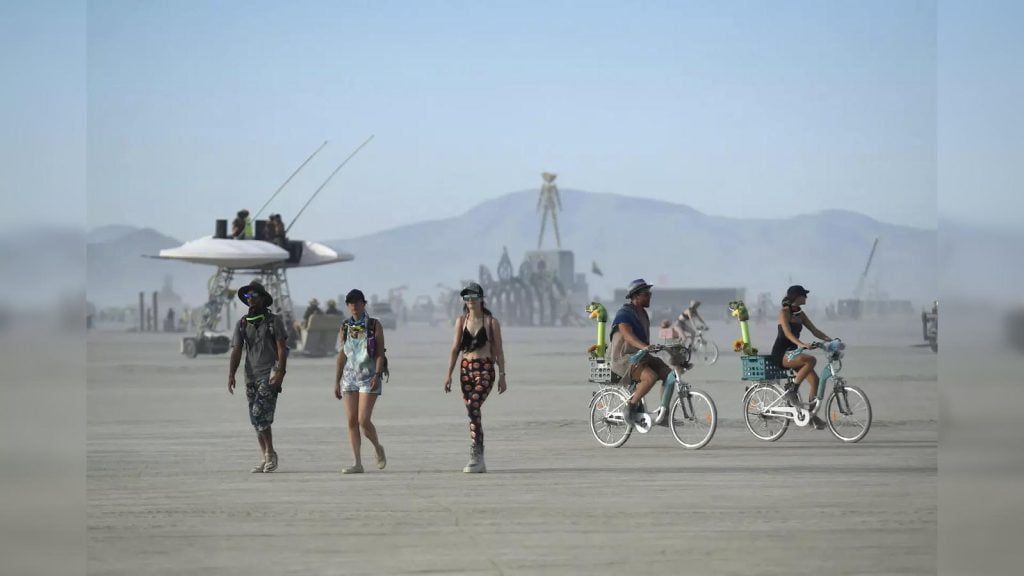Woodstock Music Festival, an iconic event that defined a generation, captured the essence of 1969’s counterculture movement. Decades have passed since hundreds of thousands of music enthusiasts assembled at Bethel, New York, for three days of peace and music. However, the question lingers – where is the Woodstock Music Festival now? The festival’s legacy has transcended time, leaving many curious about its current whereabouts and potential revival. Join us on a journey to uncover the mystery behind the legendary event and explore the possibility of its resurgence in today’s music landscape.
The Woodstock Film Festival staff is working harder than ever and brimming with excitement as we gear up to celebrate our 25th anniversary and announce the official lineup and schedule coming Sept. 17th! 🎥🌟 pic.twitter.com/ffc9yLqTQU
— Woodstock Film Festival (@woodstockfilm) September 2, 2024
Introduction: Exploring the Legacy of the Woodstock Music Festival
Woodstock Music Festival, a historic event that took place in 1969, continues to captivate and intrigue audiences worldwide. The festival, known for its celebration of peace, music, and love, left a lasting legacy that resonates even today.
The Original Woodstock Location
Woodstock was originally held in Bethel, New York, on a dairy farm owned by Max Yasgur. Despite its name, the festival did not actually take place in the town of Woodstock, which is located some 60 miles away.
The farm provided a picturesque backdrop for the iconic event, attracting an estimated 400,000 attendees who gathered to experience the music and cultural revolution of the 1960s.
The Impact of Woodstock on Music Culture
The Woodstock Festival showcased some of the most legendary musicians of its time, including Jimi Hendrix, Janis Joplin, and The Who, among others. Their performances became defining moments in music history, influencing generations of artists to come.
Woodstock symbolized a turning point in the counterculture movement, advocating for unity, peace, and social change. Its legacy continues to shape music festivals and cultural movements around the world.

History: The Iconic Moment of Woodstock in 1969
Woodstock Music Festival in 1969 was an iconic moment in music history, where hundreds of thousands of people gathered in Bethel, New York, for three days of peace, love, and music. The festival was a pivotal event of the 1960s counterculture movement, showcasing legendary performances by artists like Jimi Hendrix, Janis Joplin, The Who, and many more.
Legacy of Woodstock
The Woodstock Music Festival in 1969 left a lasting impact on music and society, embodying the spirit of unity and freedom. It symbolized a generation’s desire for change and marked a defining moment in the history of music festivals worldwide.
Impact on Music Culture
The festival’s emphasis on peace and love shaped the music industry, inspiring future generations of artists and festival organizers. Woodstock continues to be celebrated as a symbol of musical innovation and cultural revolution.

Location: Tracing the Original Site of Woodstock
When pondering where the Woodstock Music Festival is today, one can’t help but dive into the history to trace its original site; the iconic festival took place on a dairy farm in Bethel, New York, in 1969. This historic location held over 400,000 attendees for three days of music, love, and peace.
Exploring Bethel Woods Center for the Arts
Today, the legacy of Woodstock lives on at the Bethel Woods Center for the Arts. This cultural hub not only commemorates the festival but also hosts concerts, exhibits, and events to honor its spirit. Visitors can explore the museum, outdoor amphitheater, and sacred grounds.
Relive the magic of Woodstock through interactive exhibits and displays showcasing the cultural impact of the 1969 event.
Evolution: How Woodstock Festival Has Transformed Over the Years
The Woodstock Music Festival has undergone significant changes since its inception. Initially held in 1969 in Bethel, New York, the festival attracted hundreds of thousands of attendees and became a symbol of the counterculture movement of the 1960s.
Expansion to Different Locations
In recent years, the Woodstock Festival has evolved to include various locations around the world, offering a global platform for music enthusiasts to come together and celebrate the spirit of peace and music. This expansion aligns with the festival’s aim to reach a wider audience.
Incorporation of Diverse Music Genres
The festival has also diversified its music lineup, incorporating a wide range of genres beyond the traditional rock and folk music that defined the original Woodstock. This includes pop, hip-hop, electronic dance music, and more, catering to a broader audience with varied musical tastes.
Current Status: The Search for the Whereabouts of Woodstock Music Festival
As of the latest updates in the ongoing search for the whereabouts of the Woodstock Music Festival, enthusiasts and historians alike are still on the quest to uncover the mystery surrounding this iconic event.
Historical Context
Woodstock Music Festival took place in 1969 in Bethel, New York, showcasing legendary performances and sparking a cultural revolution. Despite its historical significance, the exact location has remained elusive over the years.
Recent Developments
In recent years, efforts have been made to locate the original site of Woodstock, with various proposals and theories emerging. Some believe the festival’s spirit lives on through commemorative events and festivals held in its honor worldwide.
Impact: Reflecting on the Cultural Significance of Woodstock
Woodstock Music Festival, held in 1969, continues to resonate culturally, symbolizing peace, love, and music. This historic event brought together hundreds of thousands of people, promoting unity and counterculture values. Even decades later, Woodstock remains an iconic moment in music history.
Evolution of Counterculture
Woodstock revolutionized the music scene and defined a generation that was seeking social change and self-expression. The festival embodied the spirit of the 60s counterculture movement, advocating for peace and love as a response to the turbulent times.
The cultural impact of Woodstock reverberates through generations, inspiring future music festivals and social movements.
Legacy of Woodstock
The legendary event at Woodstock set a new standard for music festivals, showcasing iconic performances from legendary artists. The ethos of Woodstock, promoting unity and harmony through music, continues to influence contemporary music festivals worldwide.
- Woodstock’s progressive ideals paved the way for future generations to engage in social activism through music.
- The festival’s cultural significance endures, reminding us of the power of music to unite and inspire change.
Relevance: The Continued Influence of Woodstock Music Festival Today
The *Woodstock Music Festival*, held in 1969, continues to have a profound impact on music and culture to this day. Its spirit of peace, love, and music has transcended generations, making it a timeless symbol of counterculture and unity.
The Legacy Lives On
Despite being over five decades old, the legacy of Woodstock remains prevalent in modern music festivals and movements. Bands and artists often pay homage to the festival, and its influence can be seen in various music genres.
Impact on Generations
Woodstock’s message of harmony and togetherness continues to resonate with younger audiences. The festival’s values of environmental consciousness and social activism have inspired new generations to advocate for change and unity. *Woodstock* remains a beacon of hope and inspiration.
Frequently Asked Questions
- What was the Woodstock Music Festival?
- The Woodstock Music Festival was a famous music festival held in 1969 in Bethel, New York. It was a pivotal moment in music history and is often remembered for its iconic performances and the spirit of peace and love that it represented.
- Is the original Woodstock Music Festival still held?
- The original Woodstock Music Festival was a one-time event held in 1969. There have been attempts to hold anniversary events over the years, but they were not officially affiliated with the original festival. The Woodstock 50th anniversary event in 2019 was canceled.
- Where is the site of the original Woodstock Music Festival now?
- The site of the original Woodstock Music Festival is now home to the Bethel Woods Center for the Arts. It hosts concerts, events, and a museum that commemorates the historic music festival.
- Can visitors go to the original Woodstock site?
- Yes, visitors can go to the original Woodstock site, which is now the Bethel Woods Center for the Arts. The site offers a variety of experiences for visitors, including concerts, museum exhibits, and opportunities to explore the grounds where the festival took place.
- Is there still a Woodstock festival today?
- While the original Woodstock Music Festival was a unique event in 1969, there have been other music festivals that have used the Woodstock name over the years. However, they are not directly connected to the original festival.
In Conclusion, Where is the Woodstock Music Festival Now?
As we conclude our exploration into the whereabouts of the iconic Woodstock Music Festival, it is evident that the event remains a cherished piece of music history. While the original site in Bethel, New York, holds historical significance, the festival’s spirit lives on through various tributes, documentaries, and anniversary celebrations.
Although the physical manifestation of the festival may no longer exist in its original form, its legacy continues to inspire generations of music lovers and advocates for peace and unity. Whether through revisiting archival footage or attending modern-day music festivals, the spirit of Woodstock endures, reminding us of the power of music to bring people together.




